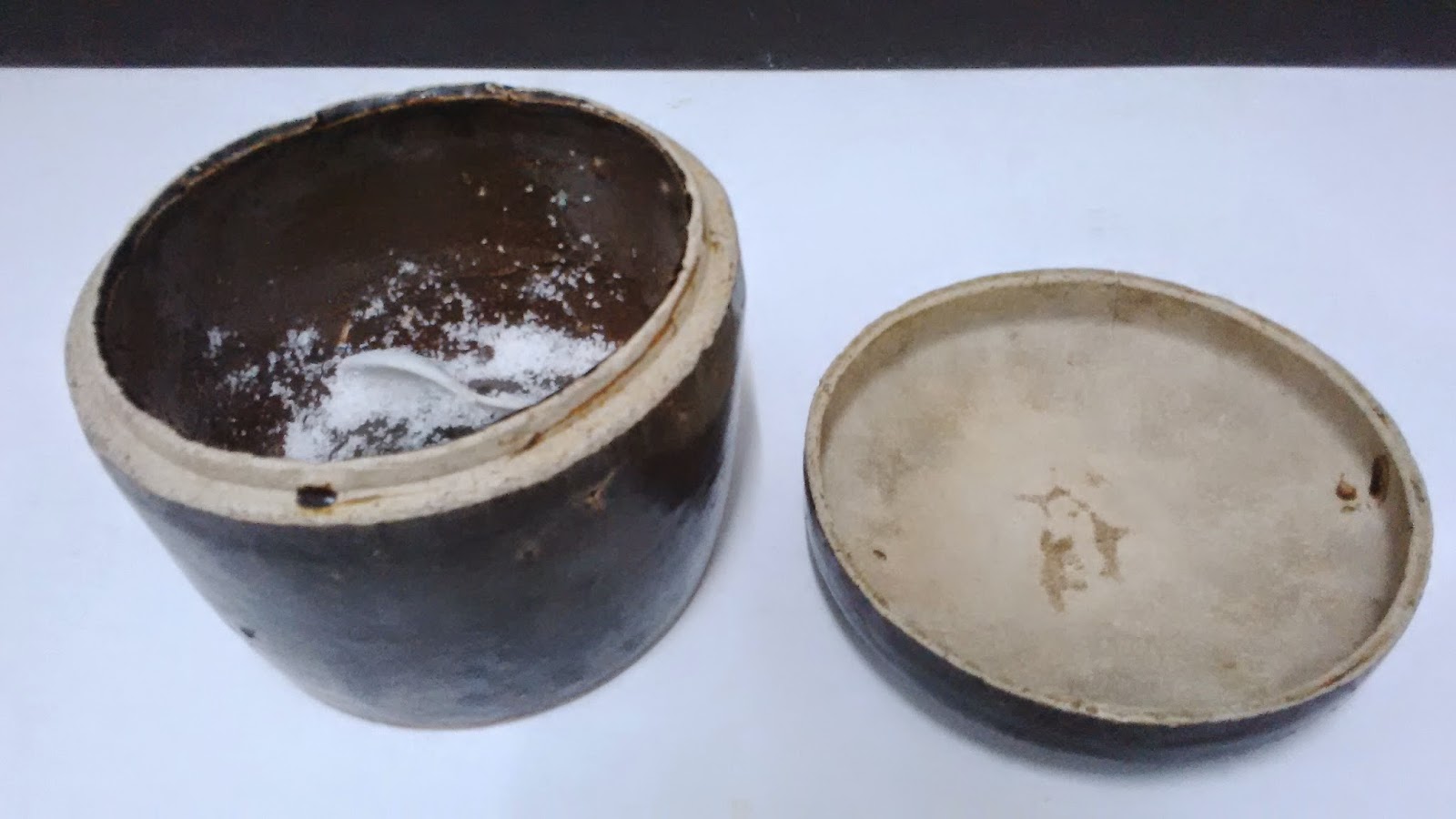In Malaysia and Singapore during the 70, 1980s, every importer and
exporter of products from India would definitely familiar with the merchant
ship "CHIDAMBARAM"
The
ocean-going vessel of 17,000 gross tons was carrying 700 passengers and a large
amount of general cargo sailing to and from the port of Penang and Madras (renamed
as Chennai in 1996) every month.
As long as one seen “CHIDAMBARAM” berthed alongside Sweetenham Pier, one would have known that Indian cotton textiles and woolen
fabrics, spice powder, potatoes, dates fruit and other cereals and coarse
grains; particularly the fresh picked onion have arrived for the sale market.
Onion
has a wide market. Besides consumed by Indian, it is also an essential
seasoning in the kitchen of Chinese, Malaya and other races.
The
India traders are known to dominate the market for the import and export
business of onion in Penang. They are centrally located in the so-called
Penang’s Little India around King Street, Queen Street, Church
Street, Market Street and China Street. Chinese traders are the second larger
importer of onion.
In the
past, the ventilation system in the cargo compartment did not worked well and
would cause the onion to decay easily and rapidly. As exporter in India cannot
provide effective control and care to ship the onion, thus no insurance company
were willing to hold cover for the shipment of onion.
If the
purchase of the onion was dealt by commercial agent and when the shipment
arrived in bad condition, the agent will not be responsible or liable for the decay
of onion. The
importers had to bear for the entire loss by themselves.
Learned
from our neighbor M/s Seng Hoe Guan, the importing and exporting business of
fresh produce like onion was considered high risk and volatile. To a great extend,
to make a profit or loss has been based on the condition of “CHIDAMBARAM”.
There was an accident occurred while unloading of onion from the
cargo compartment of “CHIDAMBARAM”.
In
spite of having rainfall, stevedores in India insist on loading package of
onion into the cargo hold. During the 7-days sail to
Penang from Madras, the damp condition in cargo compartment caused the entire onion
went rotten and emitted toxic gases.
Before entering the cargo compartment, stevedores would usually put down a live chicken for exploration of toxic gas. Should it be still alive
while pulling out, it was concluded that the air quality in the cargo hold was
free of toxic gas and safe for work.
But due to negligence in the detection
and prevention measure taken against toxic gas for that trip, several stevedores
were poisoned to death while entering the cargo compartment. That was the
breaking news of the past years.
In 1985, “CHIDAMBARAM” caught fire during the
voyage in Bay of Bengal and fire spread to passenger compartment. More than 40
passengers suffocated to death in the fire. The vessel was later sold for scrap.
On the absent of “CHIDAMBARAM”, a serious
shortage of daily products brought the market come to a standstill. Thus it
could be seen that any marine logistic disruption might cause indirect impact
to the general business activity
Among all Chinese importers of Indian onion, M/s Kim Guan Chng
should be classed as the biggest player in the top rank. In her glorious
period, there would be a lineup with a large fleet of heavy-duty trucked in
front of the office at Beach Street and ware-house at Gombak. It is a pity to
know that the company become insolvent and was later shutting down.
List of some popular Chinese
importers and wholesaler of Indian onion are as follow:
Eng
Guan Chan, See Hai Chan of Upper Beach Street, Lam Bee Company, Seng Hoe Guan,
Seng Keat Lee, Thean Hong & Co., Chop Teik Hong, Geh Leong Hin Sdn Bhd of
Middle Beach Street, Chop Kean Hin, Chin Teik Sheng Sdn Bhd, Swee Hin Chan at
the end of Beach Street and Sam Hin Sdn Bhd, a family business of our deceased
classmate, Kang Tan Bak Joo.
What a pity to say, 90% of
the Chinese importers could not resist the tough and economic
turbulence to hold the market. By now, the Indian importers and wholesalers not
only lead the market, but control it as well.










.jpg)
.jpg)


.jpg)
.JPG)
.JPG)
.jpg)
.jpg)
.jpg)
.jpg)
.jpg)


